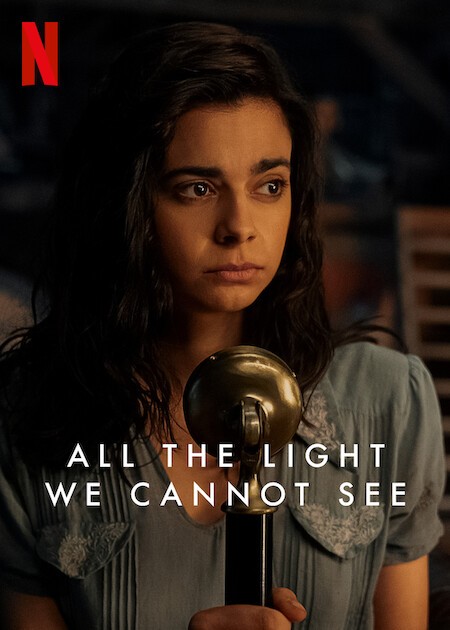Lance Goins
Shawn Levy’s “All the Light We Cannot See,” defies convention and is a brilliant masterwork that finds a home in the ever-expanding world of Netflix originals. Adapted from Anthony Doerr’s Pulitzer Prize-winning novel under the same name, the series transports viewers to a universe where outstanding acting, storytelling and cinematography come together to create a deeply moving story that will stay with them forever.
The plot of “All the Light We Cannot See” follows two concurrent narratives set against the backdrop of World War II. We are introduced to Werner, a German soldier whose path crosses with Marie-Laure, a little blind girl living in Nazi-occupied France. The narrative advances through the deft weaving together of many seemingly unrelated stories.
Renowned for his wide range of film directorial credits including “Deadpool 3,” “Cheaper by the Dozen” and “Night at the Museum,” Shawn Levy demonstrates his ability to masterfully adapt challenging material for the screen. His ability to bring the characters and settings to life and capture the spirit of the book while retaining a unique visual style that is demonstrated by the series.
“All the Light We Cannot See” features very stunning cinematography. The spectator is transported to a bygone age by the meticulous attention to detail used to recreate the wartime landscapes of France and Germany. The series effectively contrasts peaceful times with violent sequences, reflecting the sharp contrast seen in the book.
The cast’s performances are essential to the success of the show. The two outstanding young performers who play Marie-Laure and Werner Enthrall with their nuance and sensitivity. The characters have a strong connection with one another, and their emotional journey serves as a moving example of the human spirit triumphing over the chaos of war.
The series’ eerie and moving soundtrack, which emphasizes the narrative’s emotional pulses, is one of its most notable features. In “All the Light We Cannot See,” the music enhances the already amazing storyline by bringing the audience farther into the story’s world.
The editing is flawless, deftly blending the past and present, allowing viewers to follow the nuances of the timeline. The audience is kept interested in the series by this subtle method, which enhances the tale.
“All the Light We Cannot See” demonstrates Netflix’s dedication to adapting classic books for the big screen. The complex narrative framework and character development of the original work are faithfully preserved in the adaptation. It honors the written word by providing an accurate portrayal of a well-loved book.
A work of great beauty and emotional depth, “All the Light We Cannot See” stands out in a limited series landscape frequently dominated by crime dramas and thrillers. By presenting a story that depends on the strength of human connection under the most trying circumstances, it defies the norms of the media.
With the series’ release on Netflix, viewers will have the chance to lose themselves in a narrative that is both a celebration of literature and the tenacity of the human spirit. “All the Light We Cannot See” is a magnificent voyage that stays in the heart and transcends the screen, proving the timeless power of narrative.
You may also like
-
UWG’s Art Atelier Creates Interactive Mural for the Children of the Early Learning Center
-
UWG Theatre Breathes New Life into a Beloved Classic
-
UWG Hosts Rapha Clinic Annual 5K Fundraiser
-
QSA Annual Drag Show Entertains Eager, Diverse Crowd
-
Abortion Debate Continues as Georgia House Considers House Bill Defining Life at Conception
